Serbia won't go bankrupt, says prime minister
We started to implement all that is necessary to pull Serbia through, and now we have a completely stable financial market, Aleksandar Vučić as told the RTS.
Tuesday, 15.07.2014.
12:14

Serbia won't go bankrupt, says prime minister
Vučić added that "reforms that follow are necessary and difficult, but will benefit society, which will feel it in three to four years.""Politicians were previously more concerned about who will say a bad word to whom, and today even some of our opponents think that the Labor Law is good, such as the LDP, the DSS, and even some people from the DS," Vučić asserted.
His appearance on the public broadcaster came after the government adopted the contentious drafts and sent them to parliament, and as trade unions announced protests against the new legislation.
Vučić noted that his political opponents "respect and recognize that this is big improvement and major reforms and know that such a labor law - though somewhat more liberal - was also brought by Zoran Đinđić in 2001."
He said that the new law "guarantees minimum rights in respect to night shifts, shift work, work during holidays, and very precisely specifies reasons for termination of employment, and procedures to protect workers."
According to him, the past decade produced "a twisted system in which everyone wanted to work in the public sector."
"We were luck about the billion (dollar loan) from the Arabs, so that we can bridge this year, but what about next year?," said the prime minister, adding that "no matter what we tried - it produced no results."
Commenting on Krstić's resignation, Vučić said he "agreed with him but could not accept his proposals," which he said were to cut pensions and salaries by 15 to 20 percent - something the prime minister believes "would not be realistic to expect people to survive."
Vučić also said that Krstić is still working with him as an adviser in the cabinet, and at the same time told other ministers that if unhappy, they shold "make an exit from the government."
He assessed that Serbia will do better in three to four years, and will not go bankrupt in the meantime, and then pointed out that the laws and reforms envisaged by his government "met with a positive response all over the world."
Such laws are implemented in Estonia, and in Greece, which was forced to do it because it was facing bankruptcy, while Serbia will not go bankrupt, he said.
"People, we're going to the EU, this is a law supported by the EU... Do yo not want to go to the EU? Well tell us so... Tell us to instead go for the self-managing system... Is that the system you want? I wont go there," Vučić was quoted as saying, and reiterating that "all agencies, institutions, investors - everyone supported this Labor Law."
Economy Minister Dušan Vujović took over as acting finance minister - and if he wants the job will be able to keep it, the prime minister announced.
Vučić said that by August 4, when his cabinet will be 100 days old, everything that was stated in his policy keynote given before parliament as he took over as prime minister will have been fulfilled - "except for salary cuts."
He stated it was "not yet known what fiscal consolidation measures will look like and it what way the savings will be made," but reiterated that he would not accept a 20 percent reduction of pensions.
Reflecting on his recent visits abroad, the prime minister said that Serbia "never had stronger support in the world," and that "the results of his visit to France, Germany and Russia" testified to this.
"Serbia did not disgrace itself anywhere," Vučić said of his trips, adding that the Serbian delegation came back "with a lot of good results, some of which we did not expect."
Vučić remarked that it was "just as good and just as difficult to talk with Angela Merkel and with Vladimir Putin," and that the meetings he had in France focused on "the metro, and assistance was promised for agriculture, railways."
"There's never been that kind of support in France," Vučić asserted, adding that "the situation was similar in Germany and Russia."
He noted that he had "a very good conversation" on Sunday in Belgrade with Assistant U.S. Secretary of State Victoria Nuland, and that "new investments can be expected from that country."
Asked about the recent visit of a German parliament delegation Vučić said that no new conditions were set before Serbia, and that "these conditions have been known for five years."
He said that he and German MP Andreas Schockenhoff "discussed the labor law, the situation in Kosovska Mitrovica, and reforms."
As for the construction of the South Stream pipeline, Vučić said that Serbia was not taking "any kind of risk with that job" and that the Russian side "agreed to and accepted all of our remarks."
"We do not have any kind of risk, and when they tell us - we are building this, and gas will not flow - that suits us as well, everything suits us. The Russian side has really been forthcoming," Vučić said.
According to him, Russia has accepted "all of our remarks and demands which were difficult."
Vučić also said that during his trip to Moscow, "the possibility of exporting Fiat cars to Russia (under Serbia's free trade agreement) was not rejected":
"I expect that Russian President Vladimir Putin will come to Serbia, I cannot promise that there will be a positive outcome to that, but there is a chance."










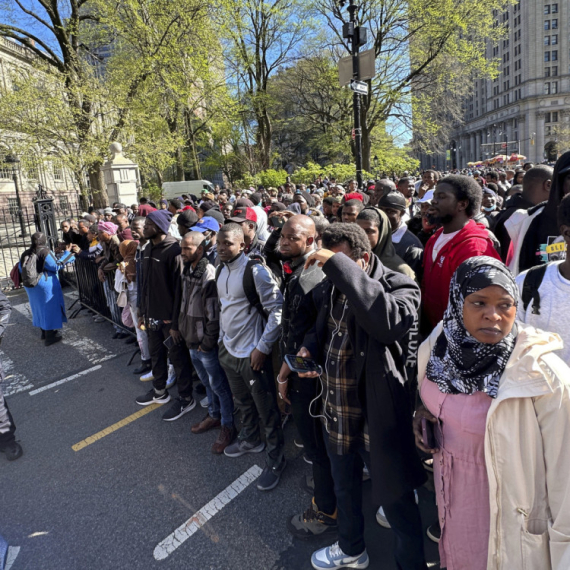
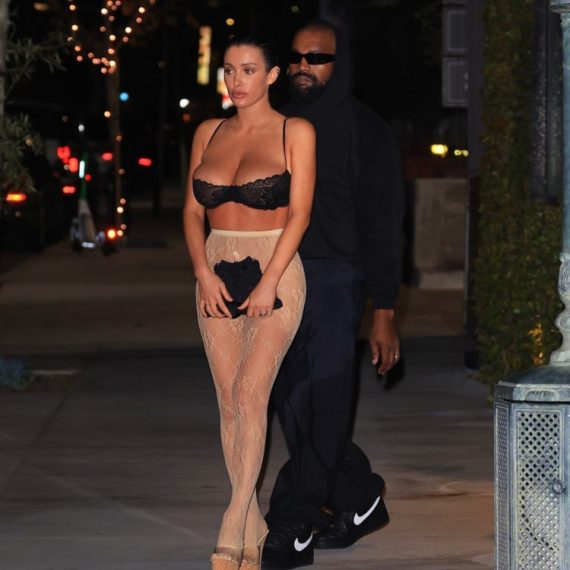

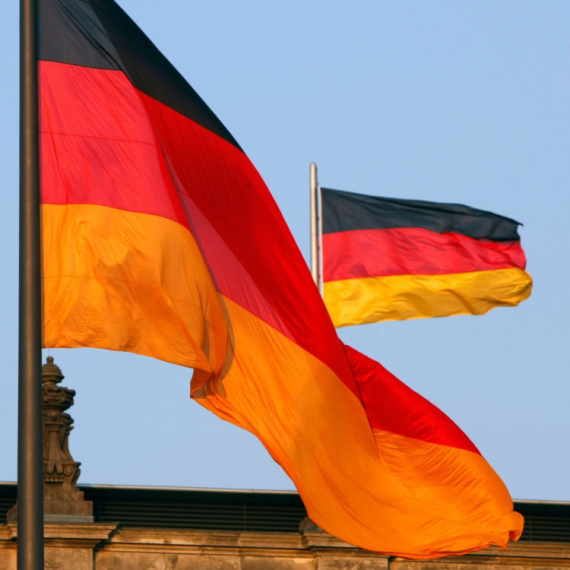

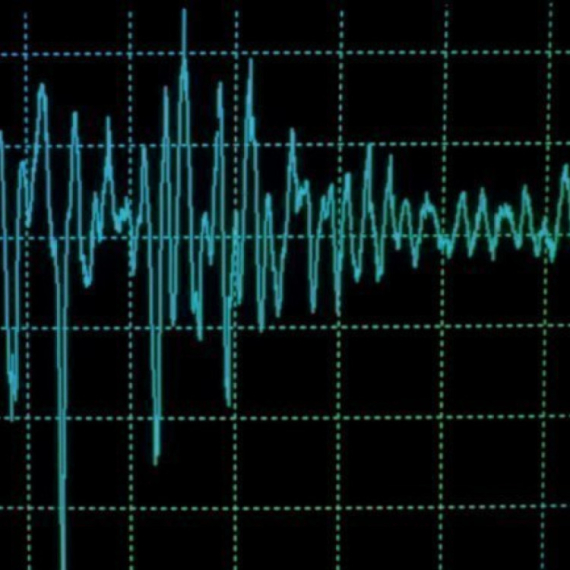

































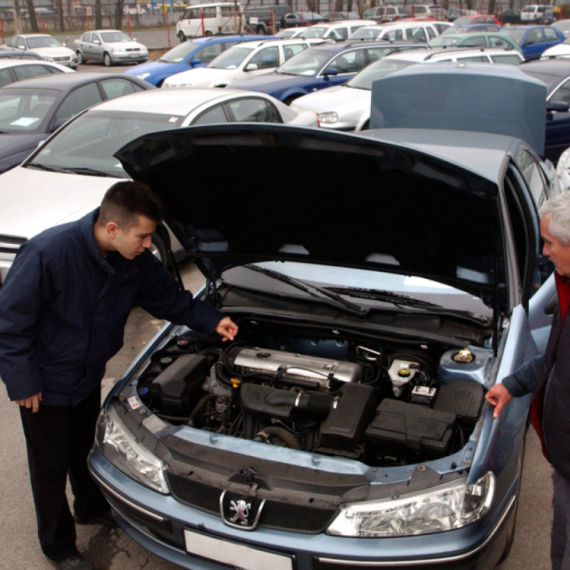



Komentari 2
Pogledaj komentare